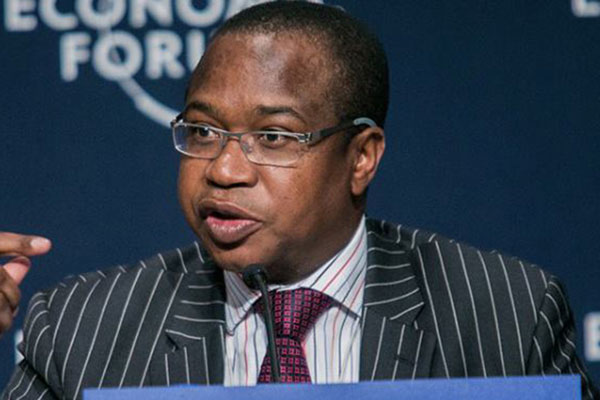
Finance minister Mthuli Ncube stuck to his guns on Friday after his proposed tax on electronic transactions was received with indignation by already overtaxed Zimbabweans and insisted that taxpayers were already paying for a weak economy.
Editorial
The 2% tax on electronic transactions was announced early last week as part of a cocktail of austerity measures to reverse the negative economic trajectory that has persisted for almost two decades.
Ncube also proposed retrenchment of civil servants, privatisation of loss-making parastatals, review of allowances for Members of Parliament and cutting down on certain luxuries for senior government officials to cut down on runaway expenditure.
He said Zimbabweans “need to be pragmatic. We need to stop the bleeding. We need to take the pain.”
To a large extent, we agree with Ncube, an economist who is respected globally, but we are worried that so far his interventions are largely punishing the poor that have nothing to do with the economic mess that Zimbabwe is in.
Just to put things into context, documents released by Treasury last Thursday showed that Zimbabwe’s budget deficit shot up to $1,3 billion in the first half of the year after government went on a spending spree ahead of the July 30 elections.
President Emmerson Mnangagwa’s government dished out free seed and fertiliser in rural constituencies to win votes for the ruling Zanu PF, roads were upgraded and traditional leaders were given luxury cars.
- Chamisa under fire over US$120K donation
- Mavhunga puts DeMbare into Chibuku quarterfinals
- Pension funds bet on Cabora Bassa oilfields
- Councils defy govt fire tender directive
Keep Reading
This saw the government eclipsing its budget deficit by $266 million after spending $616 million on the agriculture inputs and grain imports.
Salary increments were made to appease civil servants ahead of the elections and because the government did not have enough money to cover the ballooning wage bill, it resorted to treasury bills to plug the deficit.
The unsustainable government borrowing through treasury bills and an overdraft facility with the Reserve Bank of Zimbabwe (RBZ) simply overwhelmed the financial system.
Ncube’s unpopular tax is meant to pay for this irresponsible government spending, which dates back to the Robert Mugabe era and only benefited the elites.
Programmes such as command agriculture and the RBZ’s farm mechanisation programme, among many others meant to strengthen Zanu PF’s hold on power, are responsible for the catastrophic economic situation.
However, Ncube’s far-reaching austerity measures will leave the beneficiaries of these schemes untouched. The minister needs to find a balance between addressing the dire economic situation and ensuring that the poor are not punished further.
He needs to fine-tune the tax on electronic transactions to ensure that it does not result in a situation where the poor are heavily taxed while the rich are exempted.
The measures announced by the minister last week appeared rushed and if not reviewed immediately might result in many unintended consequences.











